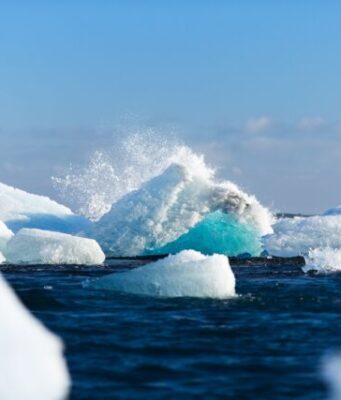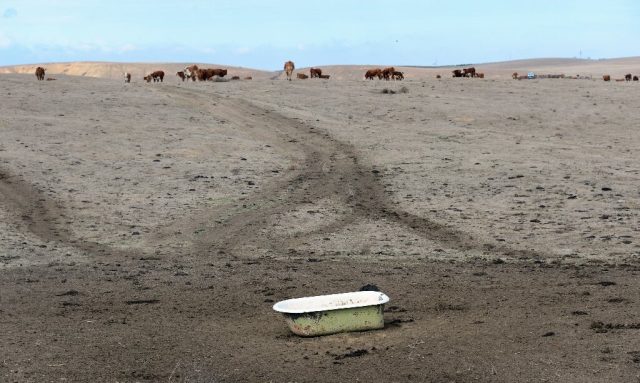Due to global warming, the United States is today more than twice as likely to endure a devastating "dust bowl" scenario than during the Great Depression, researchers said Monday.
Nearly a decade of heatwaves and massive dust storms across the...
You've probably seen the satellite images that show a hurricane developing: thick white clouds clumping together, arms spinning around a central eye as it heads for the coast.
After decades of research, meteorologists still have questions about how hurricanes develop....
The team included researchers from CSIRO, Australia's national science agency, the Australian Institute of Marine Science (AIMS) and the University of Melbourne.
Corals with increased heat tolerance have the potential to reduce the impact of reef bleaching from marine heat waves, which...
Since millions of Californians began staying at home and off the roads in March, air quality in the Golden State has visibly improved. Once life returns to normal, however, air pollution levels are likely to return to their prepandemic...
In just 50 years, 2 billion to 3.5 billion people, mostly the poor who can't afford air conditioning, will be living in a climate that historically has been too hot to handle, a new study said.
With every 1.8 degree...
The use of big data can help scientists chart not only the degradation of the environment but can be part of the solution to achieve sustainability, according to a new commentary paper.
The paper, "Opportunities for big data in conservation...
Findings published today in the journal Science Advances show that oil and gas operations in America's sprawling Permian Basin are releasing methane at twice the average rate found in previous studies of 11 other major U.S. oil and gas regions. The...
Hurricanes moving slowly over an area can cause more damage than faster-moving storms, because the longer a storm lingers, the more time it has to pound an area with storm winds and drop huge volumes of rain, leading to...
As the 21st century progresses, rising atmospheric carbon dioxide (CO2) concentrations will cause urban and indoor levels of the gas to increase, and that may significantly reduce our basic decision-making ability and complex strategic thinking, according to a new...
Estuaries on the south-east coast of Australia are warming at twice the rate of oceans and the atmosphere, a new study has found.
Researchers say the apparent accelerated impact from climate change on estuaries could adversely affect economic activity and...
Since the 2010 BP oil spill, marine scientists at the University of South Florida (USF) have sampled more than 2,500 individual fish representing 91 species from 359 locations across the Gulf of Mexico and found evidence of oil exposure...


















